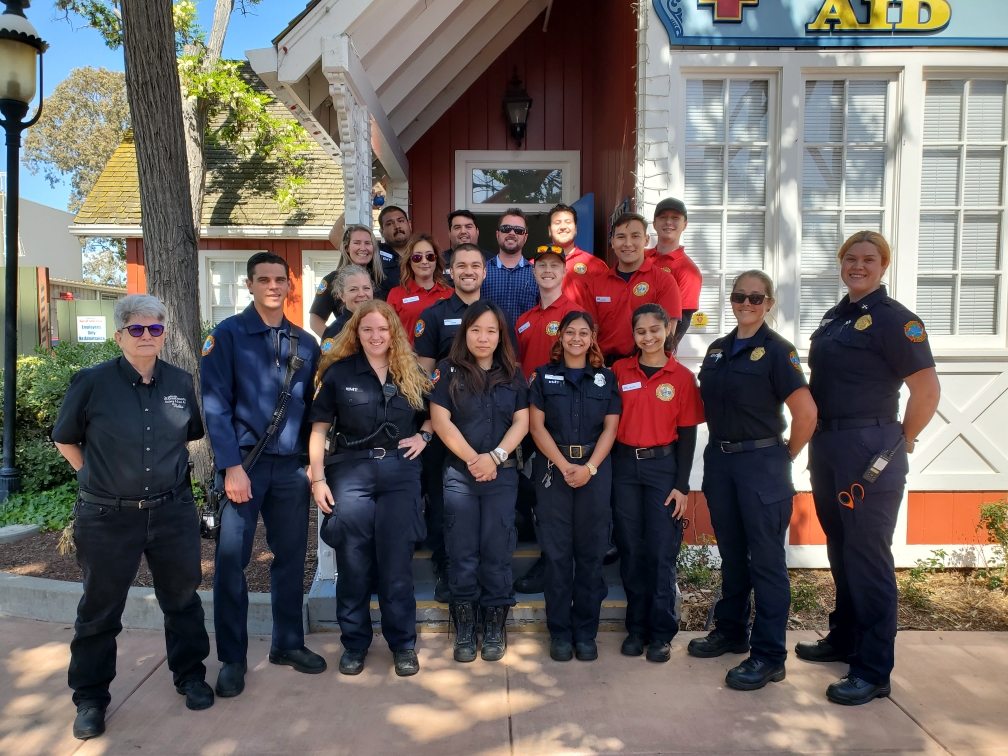
Professional Biography and Resume
Sarah Jean Valliant
Jeany
Sarah (Jeany) Valliant is a passionate advocate for equity and justice, dedicating her life to addressing social inequalities and empowering marginalized communities. As the founder of multiple nonprofits, including the Valliant Foundation and Joe’s Space, she has created innovative programs to support unhoused individuals and historically marginalized groups. Her mission is driven by the belief that everyone deserves access to resources, stability, and a chance to thrive.
Jeany’s work is deeply informed by her diverse experiences. She serves as an EMT in San Francisco, gaining a firsthand understanding of the challenges faced by the homeless population, and as a suicide hotline counselor, offering compassion and crisis de-escalation to those in need. These roles have given her a unique perspective on systemic injustices and the practical solutions needed to address them. Her leadership extends to founding Sarah Valliant Equestrian, a nonprofit providing free horse lessons to children with disabilities, where she managed a team of fifteen volunteers, three employees, and five horses.
Now a student at San Francisco State University, Jeany is leading a research team at the Valliant Foundation to study stress levels among homeless individuals. Through her research, she aims to shed light on the impact of systemic neglect and advocate for evidence-based solutions. Her long-term goal is to become a physician, using her medical career to champion equity and justice in healthcare.
Jeany’s unwavering commitment to creating meaningful change, combined with her drive to find actionable solutions to social inequalities, embodies her vision for a world where every individual is supported, empowered, and valued.
-ChatGPT after feeding it my resume
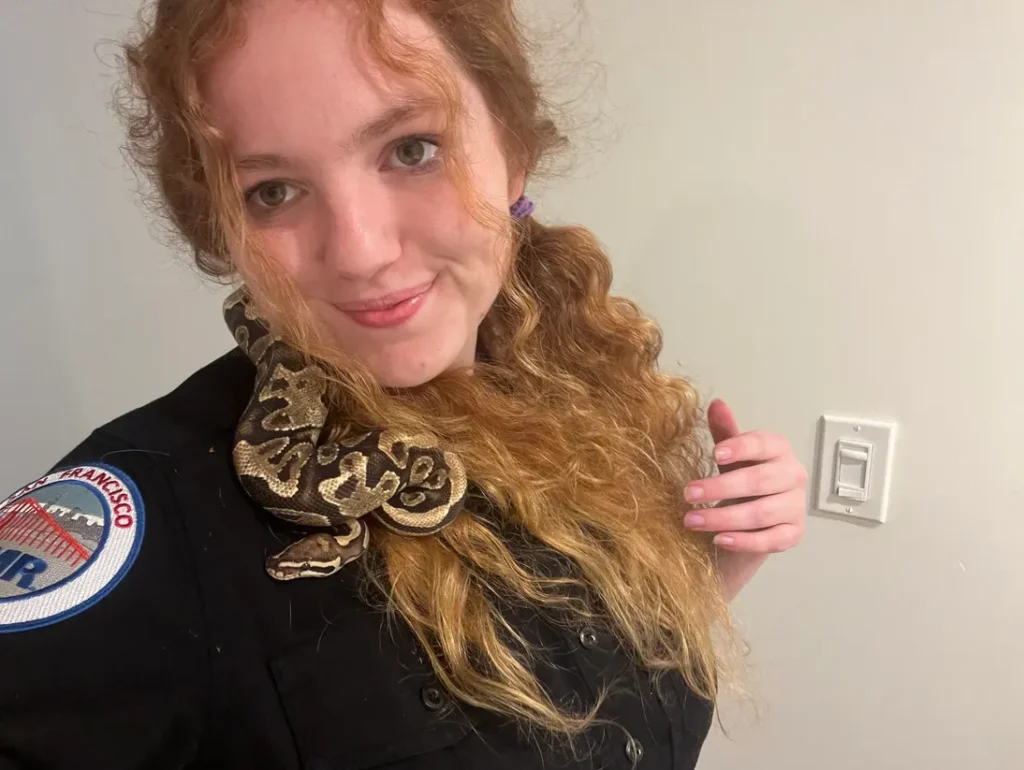

Achievements
Explore our standout projects, demonstrating our expertise and impactful solutions.
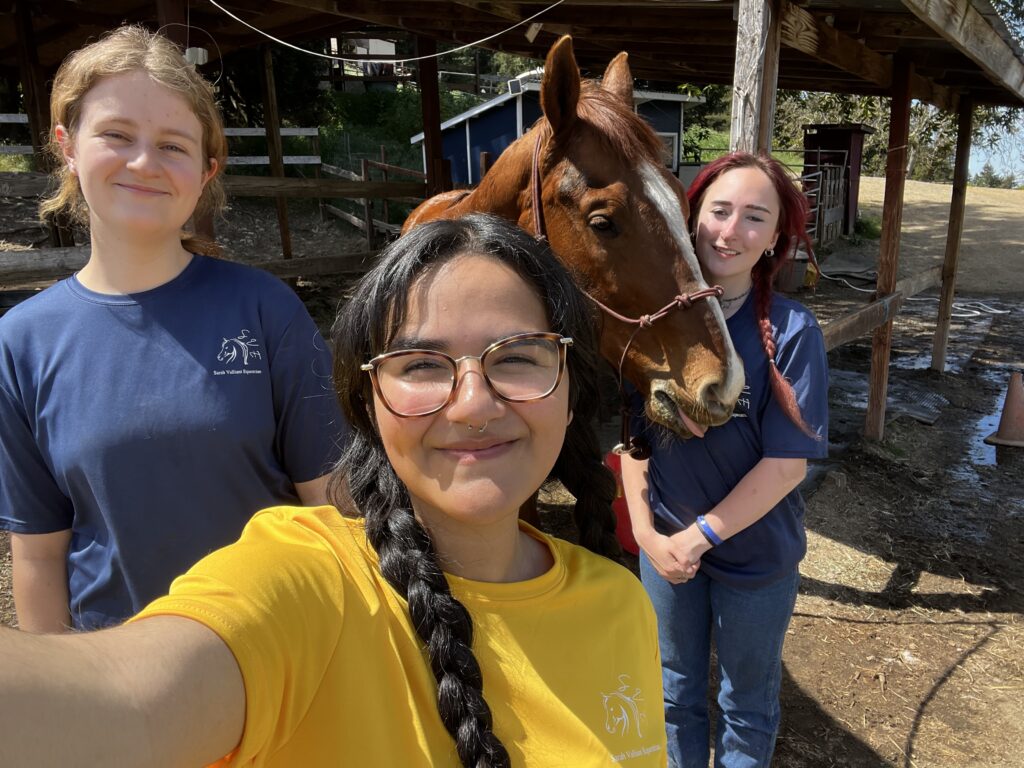
Sarah Valliant Equestrian
Sarah Valliant Equestrian was a transformative chapter in my life and a reflection of my passion for horses and my drive to make a positive impact. At just 18 years old, I founded this nonprofit with a vision of creating a space where people could connect with these incredible animals while also fostering opportunities for children with disabilities. Managing five horses, coordinating 15 volunteers, and overseeing three employees, I served hundreds of paying customers by teaching them horseback riding, while also offering hundreds of free lessons to children with disabilities who may not have otherwise had the chance to experience the joy and therapeutic benefits of riding.
Starting and running this business at such a young age was a significant milestone for me, teaching me invaluable skills in leadership, management, and community engagement. Horses had been a lifelong passion, but as I approached my 20s, I realized that my ultimate goal of becoming a doctor required my full focus and energy. Selling the business was a difficult decision, but it was necessary to dedicate myself to the path of medicine, where I hope to continue making a difference in people’s lives in a new and meaningful way.
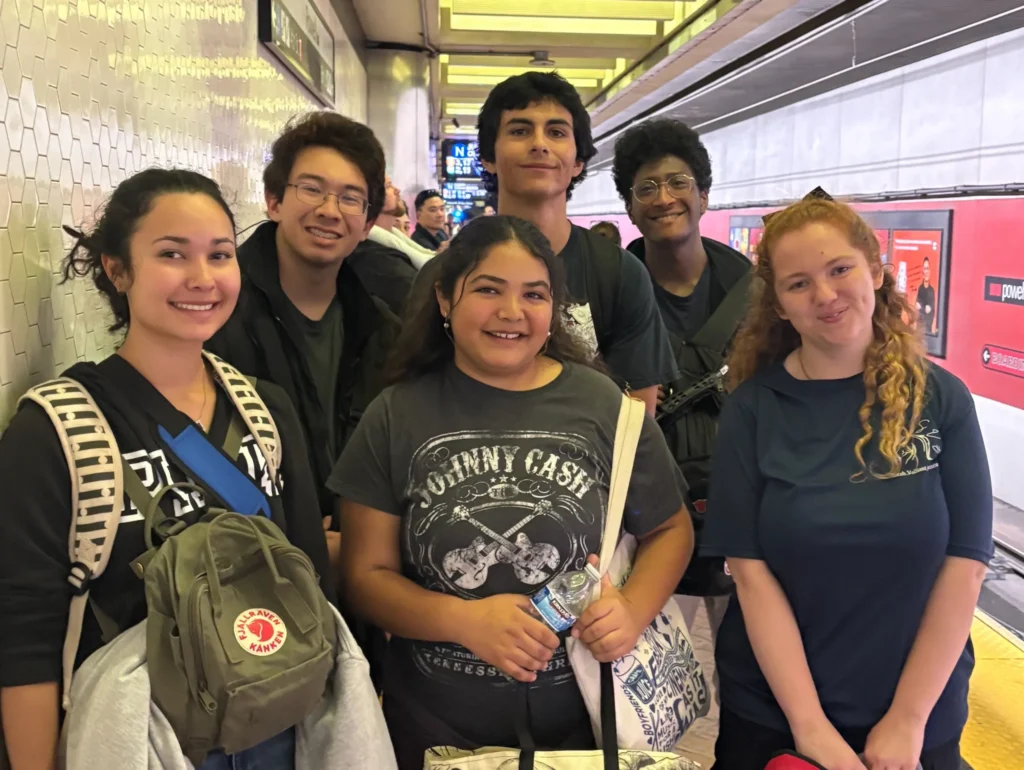
Valliant Foundation
The Valliant Foundation was born out of a moment of realization and a deep desire to make a meaningful impact on the lives of unhoused individuals. Walking home from my job at the suicide hotline, I saw a man begging for money. While I could have given him the spare change in my pocket, I knew it wouldn’t address the deeper issues he faced or create lasting change. That moment inspired me to take action on a larger scale, leading me to start the Valliant Foundation, a nonprofit committed to providing holistic support for the homeless population.
Since its founding, the Valliant Foundation has grown into a powerful force for good, with over 50 dedicated volunteers and thousands of dollars raised to fund our efforts. We provide food, clothing, and access to social services, alongside vital sign screenings and referrals to free clinics to address immediate and long-term health concerns. Additionally, we’ve established a research team to better understand the challenges faced by unhoused individuals and to develop evidence-based solutions. Through the Valliant Foundation, I strive to go beyond temporary fixes, offering resources and support that foster stability and dignity for those in need.
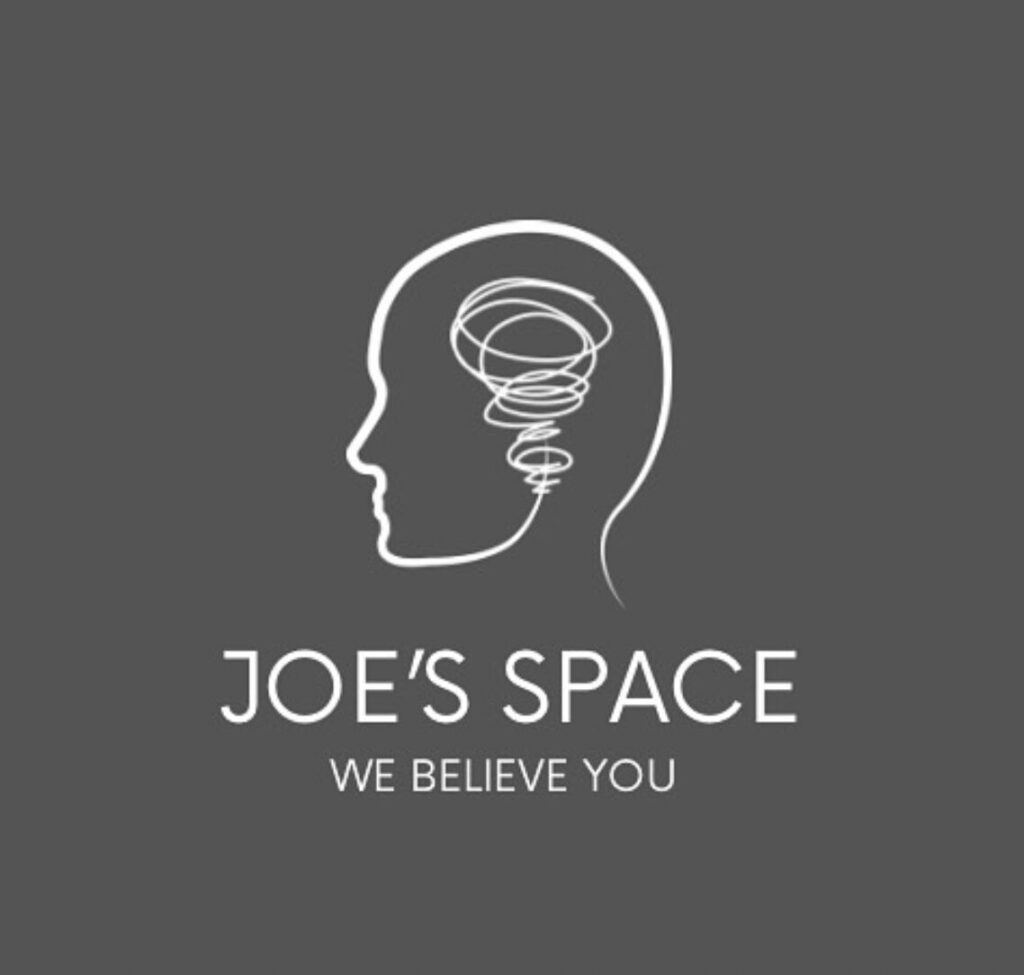
Joe’s Space
Joe’s Space was created from a deeply personal place and a commitment to addressing systemic injustice. After witnessing Kamala Harris’s loss in the 2024 election, I was struck by how historically disadvantaged and marginalized groups continue to face barriers in accessing vital resources due to systemic inequities. I wanted to bridge that gap by providing free, non-therapeutic counseling focused on coping skills and emotional support. This program is designed to empower individuals with the tools they need to navigate life’s challenges while fostering equity and inclusion.
I named the organization after my uncle Joe, whom I lost to suicide. He lived in chronic pain and struggled to find the support he desperately needed, which left a profound impact on me. Joe’s Space honors his memory by helping others who may feel similarly unseen and unsupported. While we do not provide therapy, we offer education on coping strategies and emotional support, giving individuals a foundation of skills to face life’s difficulties. Joe’s Space is about seeing a problem, finding a solution, and making a meaningful difference in the lives of those who need it most.
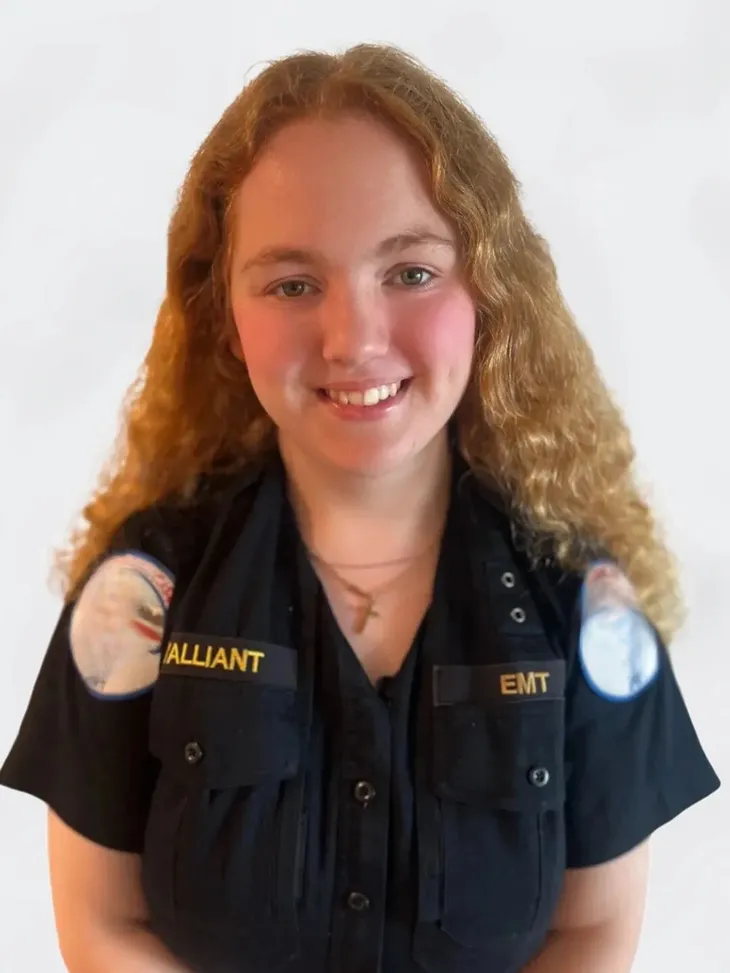
EMT
I became an EMT because I wanted to create a sense of safety and security for the people closest to me. My goal has always been to be someone others can rely on in moments of crisis, a steady and calming presence who brings reassurance and care. I wanted to ensure that those I love feel protected, knowing they can count on me to step in and provide support when they need it most. Being an EMT allows me to extend this mission to my community, offering care, compassion, and protection not just to my loved ones but to anyone who needs help, reaffirming my commitment to making people feel safe and valued.

Suicide Hotline Counselor
After losing loved ones to suicide, I was struck by the profound importance of helping others feel seen, valued, and loved. I realized that one way to make a difference was to become a suicide hotline counselor, where I could offer compassion, active listening, and crisis de-escalation to those in their darkest moments. This role allowed me to connect deeply with people, letting them know they are not alone and that someone genuinely cares about their well-being. By being present for others in this way, I hope to be there for the people who are closest to me and make them feel seen and loved.

Lead Biomedical Researcher
I am currently working on a biomedical project with the hope of publishing my findings in may 2026. I have an expanding team of 14 assistance and am partnering with a professor at the UCSF SFSU School Of Nursing
ABSTRACT: Cross-Sectional Analysis of Stress Levels Among Homeless Individuals Utilizing the Perceived Stress Scale in Conjunction with Physiologic Markers Of Stress
Background: Homelessness is a significant public health issue that exposes individuals to chronic stressors such as inadequate shelter, poor nutrition, untreated mental and physical health ailments, and limited access to healthcare. Chronic stress has been linked to adverse health outcomes, including cardiovascular disease, psychiatric disorders, and diabetes. Despite the heightened risks, homeless individuals are often underrepresented in medical research. This study aims to assess stress levels in homeless individuals using the Perceived Stress Scale (PSS) and explore the correlation between self-reported stress and physiological markers such as heart and respiratory rates.
Objective: The primary objective is to determine the prevalence of high-stress levels among homeless individuals. The secondary aim is to evaluate the correlation between self-reported stress and physiological markers, and to identify potential demographic or environmental factors contributing to stress.
Methods: This cross-sectional observational study will recruit adults aged 18-65 who have experienced homelessness for at least six consecutive months. Participants will complete the PSS to assess perceived stress, and their heart rate and respiratory rate will be measured. Data will also be collected on demographic factors, duration of homelessness, and substance use. Statistical analysis will be conducted to explore the correlation between PSS scores and physiological markers using Pearson or Spearman correlation coefficients.
Expected Results: The study anticipates finding a high prevalence of stress among homeless individuals, with a significant correlation between elevated PSS scores and abnormal physiological markers. Demographic factors such as duration of homelessness and substance use may also influence stress levels.
Conclusion: This study will provide a comprehensive assessment of stress levels in the homeless population, offering insights into the relationship between psychological and physiological stress indicators. The findings could inform targeted interventions aimed at reducing stress and improving the health outcomes of homeless individuals.
Explore Valliant Information’s Ethical Foundations
Discover what our clients say about the impact and integrity of our work.
This story highlights the transformative support and guidance delivered.
Kris L.
Community Advocate

This tale shares an insightful journey with our dedicated team.

Jordan M.
Youth Counselor
This account underscores our exceptional ethics and dedication.

Sydney B.
Social Services Coordinator
This reflection conveys a rewarding experience with the services received.

Alex P.
Foundation Liaison
